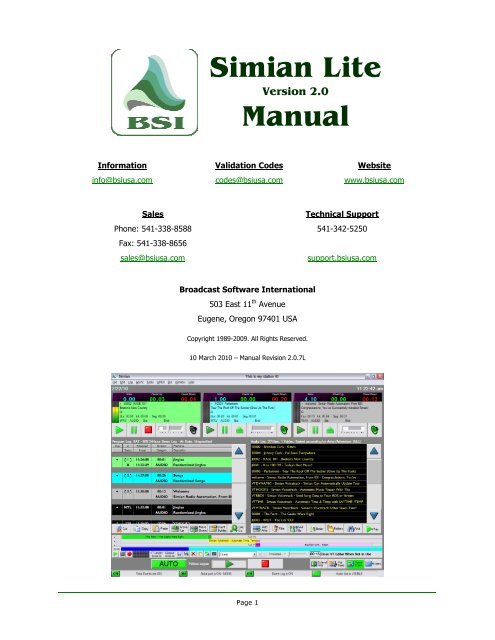

Again, in the Bay Area the prices seem to be going off in some crazy place, although incomes are really high there too. The home ownership rate was rising steadily, prices were going up, but so were incomes in most places. But overall the US housing market was in a pretty good place. And it had never collapsed quite the way it had in Arizona or Las Vegas or the rust belt. JUSTIN FOX: I mean, I think in places, especially the Bay Area, but also New York, other coastal metros, it was very strong. And now it was back to 95,000, just as one piece of property and a sense of that, but where was the housing market before we hit COVID? I know someone who, for instance, was telling me about a condo he bought for $135,000 at the peak at 2006 and it went down to 39,000 at the trough. So Justin Fox, great to have you on Why Is this Happening.ĬHRIS HAYES: Let's start off this way, where was the housing market, we had obviously the huge notorious bubble and boom of '04 through '07. In a few different articles, he’s written about Orlando becoming less affordable than San Francisco which is a surprising result I think for a lot of folks, writing about millennials and their housing purchases. He’s been writing about COVID and housing. He’s the author of a great book that I really recommend from years ago called The Myth of the Rational Market. Someone I’ve been reading forever is Justin Fox, a columnist at Bloomberg opinion. We just had this incredibly disruptive experience that changed people’s daily work habits and patterns, some of that I think is gonna stick around, some of it will probably have enduring effects on the housing market and housing planning, urban planning, housing development going forward.


And I thought it was a really good moment to think and talk about housing after COVID because we’re in a new moment right now. It’s also hugely important to the lived experience of American citizenry, integration, climate change, and yet it often gets covered sort of only on the business pages. It’s incredibly as we’ve learned from the 2007-2008 - it’s very bound up with government policy, with interest rate environment. I mean at one level, it’s very complex, the housing market. And of course, it’s always hard to know what to make of that. And as people came out of lockdown, we’ve seen housing prices going bonkers all over the country as we have all of this kind of pent up demand. And that happened right around the lockdown, then the housing market kind of got frozen in place and cooled. But This huge crunch for space sent housing markets in a lot of places that were rural or suburban into complete, totally haywire. That is a relatively small slice of American households, just to keep all of this in perspective. These are people with relatively affluent means of disposable income, these were people that often had white collar jobs, jobs in things like advertising, vacations or office jobs, where they were able to remote work, lawyers, etc. Now I should be clear when I’m talking about the class profile of those people. It was definitely very nuts during COVID, where you had this situation in which lots of people all of a sudden were working from home and looking for more space.

The housing market’s been pretty nuts recently. And when you look at what's been going on with real estate markets is you have all these people who probably felt pretty poor in Silicon Valley or New York, but are now among the richer people out in some distant suburb or smaller city where they've moved and their buying in is making it harder for people in those places who are just making local incomes and can't work remotely to afford housing.ĬHRIS HAYES: Hello and welcome to "Why is this Happening?" With me, your host, Chris Hayes. There aren't many opportunities for everybody else. JUSTIN FOX: The whole remote work thing is something that, for people with white-collar jobs and college educations.


 0 kommentar(er)
0 kommentar(er)
